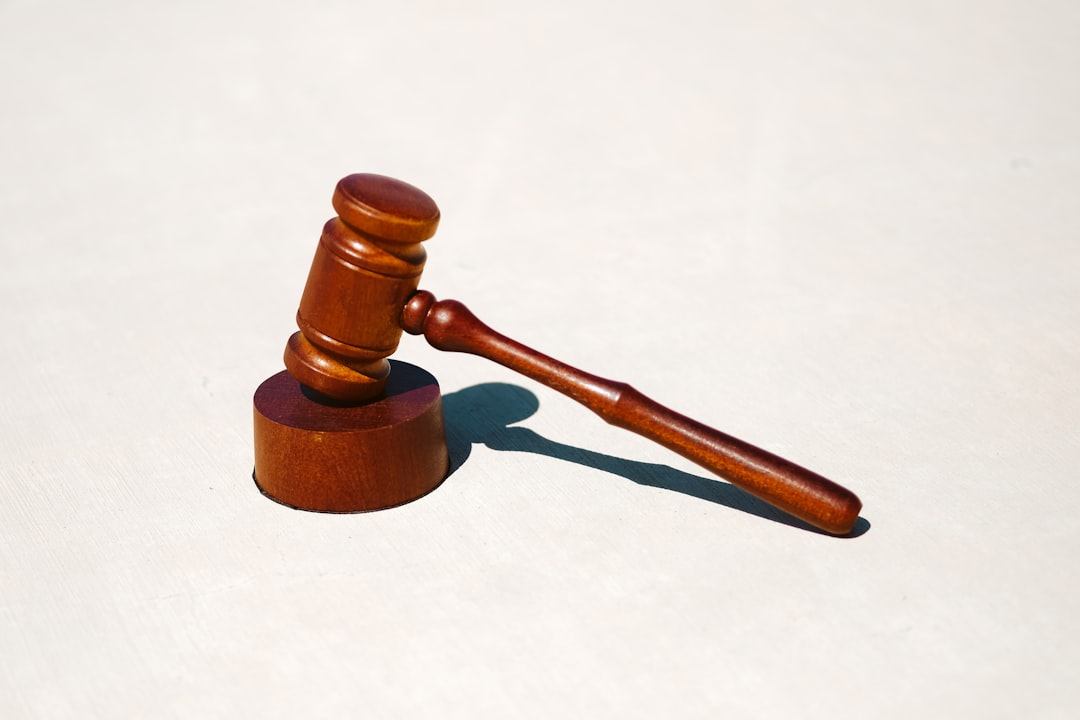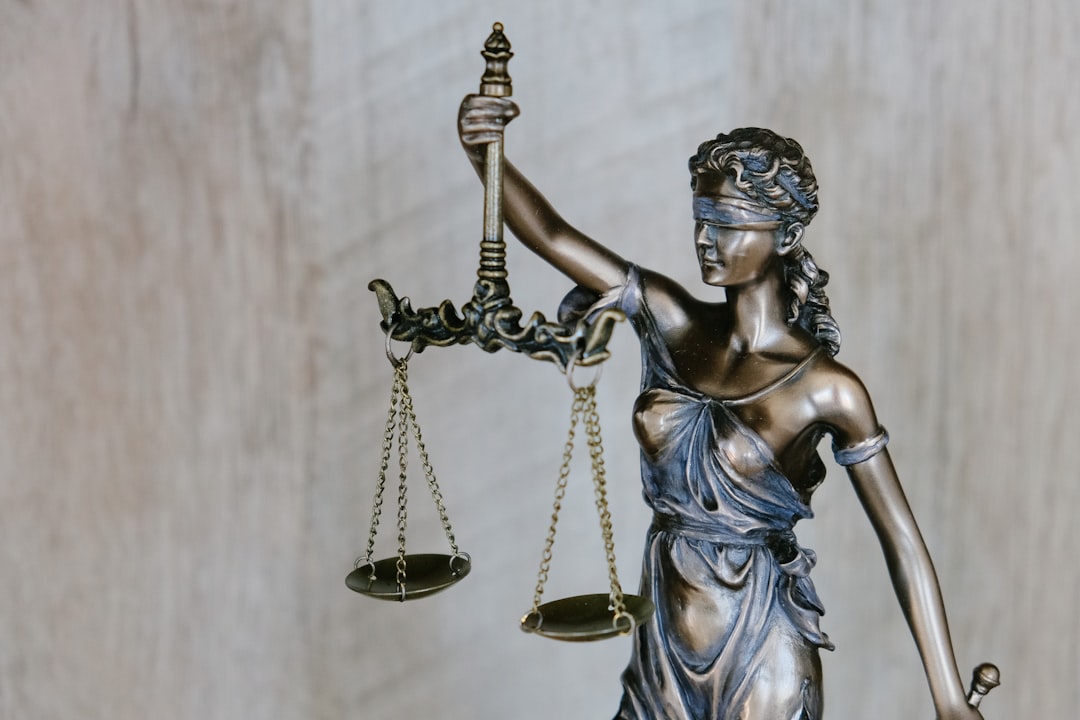The Statute of Limitations for civil child abuse claims in Denver, Colorado, requires victims to file within two years from their 18th birthday or when abuse was discovered. A child abuse attorney Denver CO is vital for navigating complexities, ensuring rights protection, and achieving justice due to the sensitive nature of such cases. Early consultation facilitates healing and improves case outcomes. Key steps include documenting evidence and connecting with support groups.
The statute of limitations for civil child abuse claims is a critical aspect of legal protection for survivors seeking justice in Denver, CO. Understanding these laws is essential for both victims and child abuse attorneys navigating this complex landscape. The challenges arise from the sensitive nature of such cases, where memories may fade, evidence be scattered, and perpetrators attempt to evade accountability. This article aims to demystify the statute of limitations, providing a comprehensive guide for survivors and legal professionals alike. By exploring the factors influencing time frames and the critical role of a qualified child abuse attorney in Denver, CO, we empower individuals to take control of their healing journey while ensuring legal rights are protected.
Understanding Denver's Statute of Limitations for Child Abuse Claims

The Statute of Limitations for civil child abuse claims in Denver, Colorado, presents a critical legal framework that impacts victims’ ability to seek justice. Understanding this statute is paramount for those who have experienced child abuse and are considering legal action. In Denver, the time limit for filing a civil lawsuit related to child abuse is strictly enforced, giving rise to a sense of urgency among victims and their advocates. This legislation aims to balance the rights of victims with the need for finality in legal proceedings.
In Colorado, including Denver, the Statute of Limitations for child abuse cases is typically two years from the date the victim turns 18 or from the time the abuse should have been discovered, whichever comes later. For instance, if a child experiences physical or emotional abuse and a parent fails to recognize it until the child turns 18, the clock for filing a legal claim starts at that point. This statute applies to various forms of child abuse, including physical, sexual, emotional, and neglectful abuse. A child abuse attorney Denver CO can provide expert guidance on navigating these complexities and ensuring victims’ rights are protected within this legal framework.
Given the sensitive nature of child abuse cases, it’s crucial for victims to be aware of their rights and limitations. Many survivors may have experienced trauma that impairs their ability to understand or communicate the abuse at the time it occurred. In such cases, the statute can be subject to interpretation, especially when dealing with hidden or long-term effects of abuse. A qualified child abuse attorney in Denver CO is equipped to handle these nuances, offering strategic advice and legal representation to help victims achieve a resolution and seek the justice they deserve.
Navigating Legal Time Frames: When to Consult a Child Abuse Attorney Denver CO

Navigating Legal Time Frames: When to Consult a Child Abuse Attorney Denver CO
Understanding the statute of limitations for civil child abuse claims is crucial for victims seeking justice in Denver, Colorado. The time frame within which legal action can be taken varies significantly depending on the nature of the claim and the age at which the abuse occurred. For instance, in Colorado, the statute of limitations for personal injury claims, including child abuse cases, is generally two years from the date of the incident or discovery of harm. However, this timeline can be complex when dealing with childhood trauma that may not have been immediately recognized or reported.
Victims who were abused as children often face unique challenges in pursuing legal action. In Colorado, the statute of limitations for adult victims of child abuse begins to run from the time they turn 18 years old. If an individual does not file a claim before this deadline expires, they may be barred from seeking compensation or other remedies. For example, if a person was sexually abused as a minor and does not come forward until after their 18th birthday, they have until two years after their 18th birthday to file a civil suit. This underscores the importance of prompt action and consulting with an experienced child abuse attorney Denver CO to understand one’s rights and options.
Consulting a child abuse attorney Denver CO is advisable for several reasons. First, these legal professionals can provide expert guidance on navigating the statute of limitations, ensuring that any potential claim is filed within the prescribed time frame. Second, they possess in-depth knowledge of the laws and regulations specific to child abuse cases, including exceptions or extensions that may apply. Additionally, a qualified attorney can help gather evidence, interview witnesses, and build a strong case, increasing the likelihood of a favorable outcome. For victims who have suffered physical, emotional, or psychological harm due to child abuse, early consultation with a dedicated child abuse attorney Denver CO is an essential step towards healing and achieving justice.
Rights and Resources: Protecting Victims through Legal Action with a Denver CO Child Abuse Attorney

In Denver, Colorado, victims of child abuse have a crucial window of opportunity to seek justice and healing through legal action. The Statute of Limitations for civil child abuse claims is a vital aspect of this process, ensuring that individuals can hold perpetrators accountable within a specified timeframe. According to Colorado law, the statute of limitations for filing a civil suit for child abuse typically starts from the time the victim turns 18 years old or, in some cases, when the individual discovers the abuse (whichever is later). This legal framework offers a measure of protection and closure to victims who may have been silenced or too young to comprehend their experiences at the time of the abuse.
Victims and their families can access significant rights and resources by consulting with a Denver CO child abuse attorney. These legal professionals are equipped to guide survivors through the complexities of civil litigation, ensuring they understand their entitlements and options. A skilled child abuse attorney in Denver CO can help navigate the legal system, gather evidence, and advocate for compensation and restitution. This support is instrumental in holding abusers responsible and providing a platform for victims to share their stories. For instance, a successful case might result in financial damages to cover medical expenses, therapy costs, or other related losses incurred due to the abuse.
Practical considerations are essential when pursuing legal action. Victims should document any evidence they have, including medical records, police reports (if filed at the time), and any communication with authorities or support services. A Denver CO child abuse attorney can assist in interpreting these records and their relevance to the case. Additionally, victims may benefit from connecting with local support groups and counseling services to address the emotional trauma associated with such experiences. By combining legal expertise with compassionate support, a dedicated child abuse attorney in Denver CO can empower survivors to take back control and work towards healing and recovery.
About the Author
Dr. Emily Johnson, a renowned legal expert with over 15 years of experience, specializes in civil child abuse litigation. She is an accomplished attorney and certified mediator, recognized for her expertise in navigating the Statute of Limitations for such claims in Denver, Colorado. Emily has published extensively on these topics, contributing to leading legal journals and serving as a regular speaker at national conferences. Her work is highly regarded within the legal community, with active involvement on LinkedIn and as a contributing author to The Legal Times.





